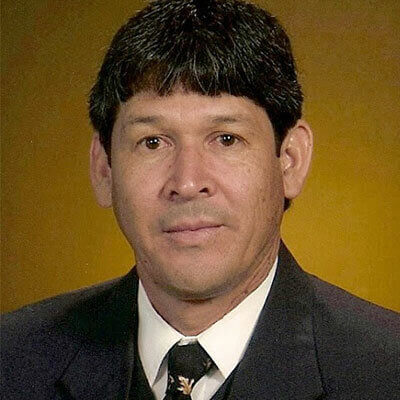“…the priest had formulated, once and for all time and with the strictest meticulousness, what tithes were to be paid to him, from the largest to the smallest (–not forgetting the most appetizing cuts of meat, for the priest is a great consumer of beefsteaks); in brief, he let it be known just what he wanted, what “the will of God” was….”
The quote above comes from Nietzsche, a philosopher and a sharp critic of institutionalized Christianity. He thought there was a connection between the character of religious leaders and the morality of their followers. The historical distance between the prophet Hosea and Nietzsche, about 2,800 years, highlights that their observations are both accurate and relevant to religious people of any time and at any place.
Out of their own religious experiences, both Hosea and Nietzsche indicted religious leaders and deemed them responsible for the moral decadence of their followers. Nietzsche spoke as the son of Carl Ludwig Nietzsche, a German Lutheran pastor in the nineteenth century CE, and Hosea as Israel’s prophet in the eighth century BCE.
For Hosea, it is important to list a catalog of religious diseases (unfaithfulness, disloyalty, and ignorance), morally decadent behavior (swearing, lying, murder, stealing, adultery, and bloodshed), and their consequences for all God’s creation (mourning land and creatures perishing). However, for us, this should not be enough! A call to conscience for all leaders of the Church must follow! What might sound like a saying, “And it shall be like people, like priest” more than an indictment, must be interpreted as God’s promise. Church leaders’ character and example matter! It works both ways and it is reflected in the life and ministry of this church in its three expressions: churchwide ELCA, synods, and local congregations.
In the context of this church’s commitment to authentic diversity, leaders must understand that an ethnic-, gender-, and class-segregated Church will continue to exist until we—ordained and lay leaders—are willing to welcome and integrate into the life of our local congregations all people and not only all people like us.

Alfredo M Oviedo has been a pastor at Grace, Hendersonville, since 2005. He lives with his wife of 46 years Alexandra, and they have four children and seven grandchildren. The focus of Pastor Alfredo’s ministry is ethnic and cultural integration in local congregations, faith formation, and use of technology in ministry. He has been a life-long student teacher, likes soccer, and is an avid reader. He is a graduate of Gardner-Webb School of Divinity (M.Div.), the University of North Carolina at Asheville (MLA), and currently a Doctor of Ministry candidate at the United Lutheran Seminary.
To Consider
Statistics show that both in modernity and postmodernity, the role and impact of religion and religious leaders in the life of congregants has steadily decreased.
1. Question for church leaders: If this statement is true in your ministry, how could this trend be reversed?
2. Question for congregants: If this statement is not true in your faith community, what do you think has been a determining factor?
a) the character and the example of the leaders
b) the character and example of the congregants
c) both
Prayer
Gracious God, We are thankful for your forgiveness, your kindness, and your faithfulness, and in the words of the prophet Hosea, we pray and hope with anticipation for the fulfillment of your promises given to us, when you said:
4 I will heal their disloyalty;
I will love them freely,
for my anger has turned from them.
5 I will be like the dew to Israel;
he shall blossom like the lily,
he shall strike root like the forests of Lebanon.
6 His shoots shall spread out;
his beauty shall be like the olive tree,
and his fragrance like that of Lebanon.
7 They shall again live beneath my shadow,
they shall flourish as a garden,
they shall blossom like the vine,
their fragrance shall be like the wine of Lebanon.
(NRSV Hosea 14:4-7)
